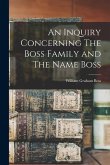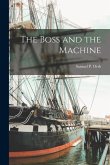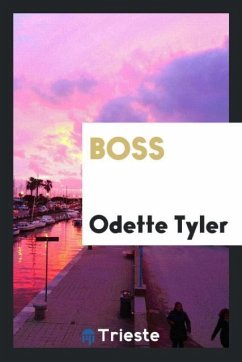From 1863 to 1871 in New York City a bank of four banditti politicians led by William M. Tweed reigned supreme. The "Tweed Ring", a trail-blazing and iconic political machine, unashamedly bribed newspapers and legislatures, stealing elections and money. Its thefts from the City have been estimated at between 20 and 200 million 1870 dollars: 500 million to 5 billion 2025 dollars. Tweed boasted of having amassed a personal fortune of $20 million--but died miserably in prison at age fifty-five. Subsequently, many of his modes of governmental corruption thrived into the twenty-first century. The Ring of Tweed had significant connections with the five U.S. Presidential elections between 1864 and 1880. Later Presidents notably influenced by their dealings with political bossses--often referred to as "Tweeds"--and their machines have included Theodore and Franklin Roosevelt, Harry Truman, John Kennedy, and Donald Trump. This prescient history of Boss Tweed and his influence on the American government resonates deeply as an analysis of political corruption and its legacy.
Bitte wählen Sie Ihr Anliegen aus.
Rechnungen
Retourenschein anfordern
Bestellstatus
Storno





![The Boss of Taroomba. [New York-1900] The Boss of Taroomba. [New York-1900]](https://bilder.buecher.de/produkte/48/48818/48818588n.jpg)


